’60s Country Hits That Crossed Over In A Big Way
For frustrated listeners of modern country music, it’s abundantly clear that the nation’s biggest artists tend to be more interested in making country-flavoured pop hits than actually honoring the genre’s long and storied traditions. That makes it hard not to feel inauthentic, as while country is more popular than ever nowadays, that’s proven a Pyrrhic victory.
However, that isn’t how country crossover hits always worked. For decades, a true-blue country song could cross over into the pop charts entirely on its own. Yet, perhaps one of the biggest decades where the general public’s tastes aligned with country fans was the ’60s. That may have been a little too early for Dolly Parton or Willie Nelson (at least as a singer), but not quite all of the big stars.
Marty Robbins – “Don’t Worry”
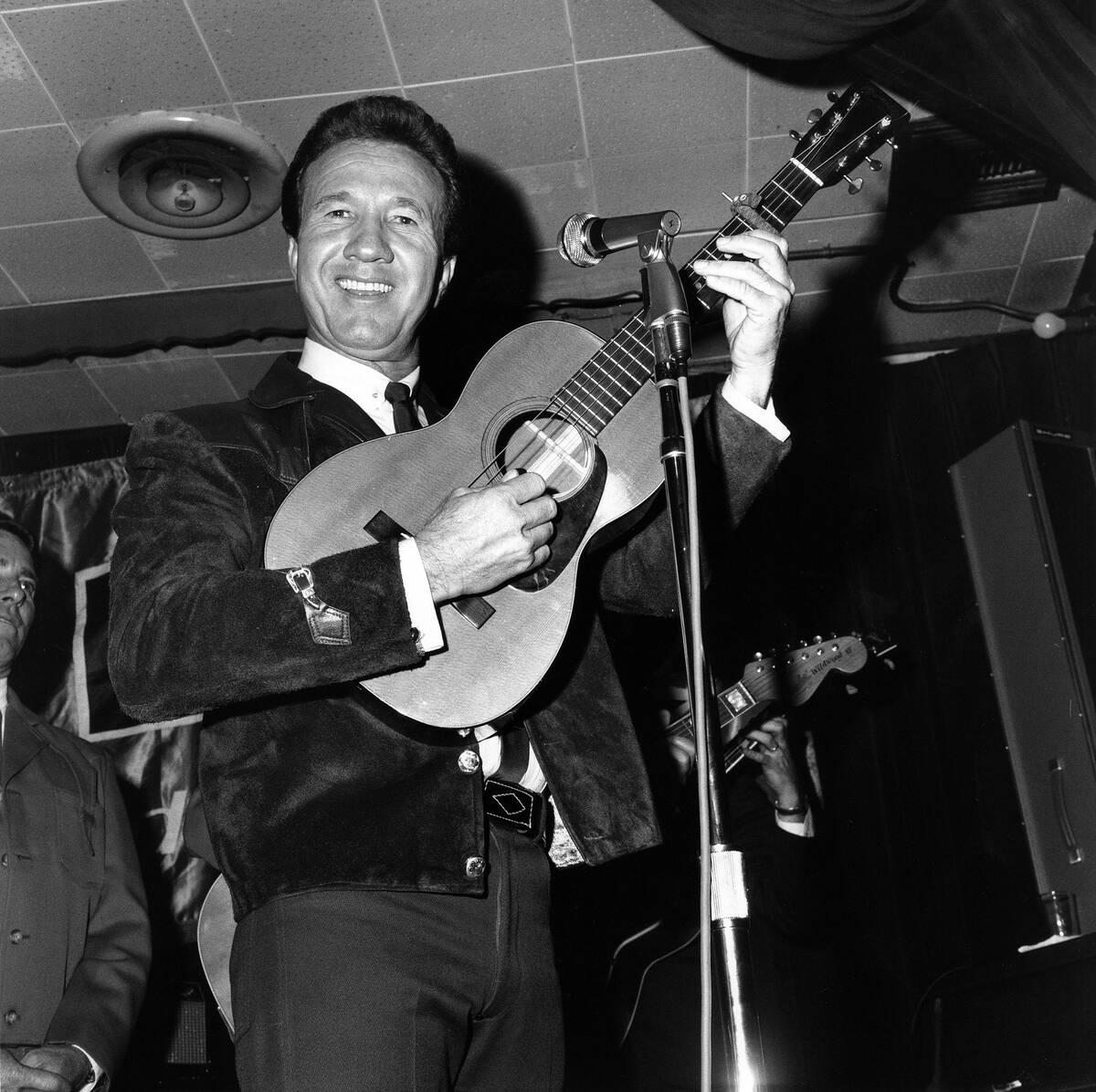
Marty Robbins is perhaps best known for his number-one hit “El Paso,” but that just barely misses the cut-off to be eligible for a ’60s release. Instead, his second-biggest hit would come two years later in the form of “Don’t Worry,” a warm, intimate country ballad that fits snugly in with the genre’s classics.
So why did more mainstream audiences like it so much? The reason is likely the result of a happy accident. “Don’t Worry” is one of the first pop hits to feature fuzzy guitar distortion, which was the result of a blown tube on an amplifier. It wouldn’t be long before rock bands would start making that sound on purpose.
Patsy Cline – “Crazy”
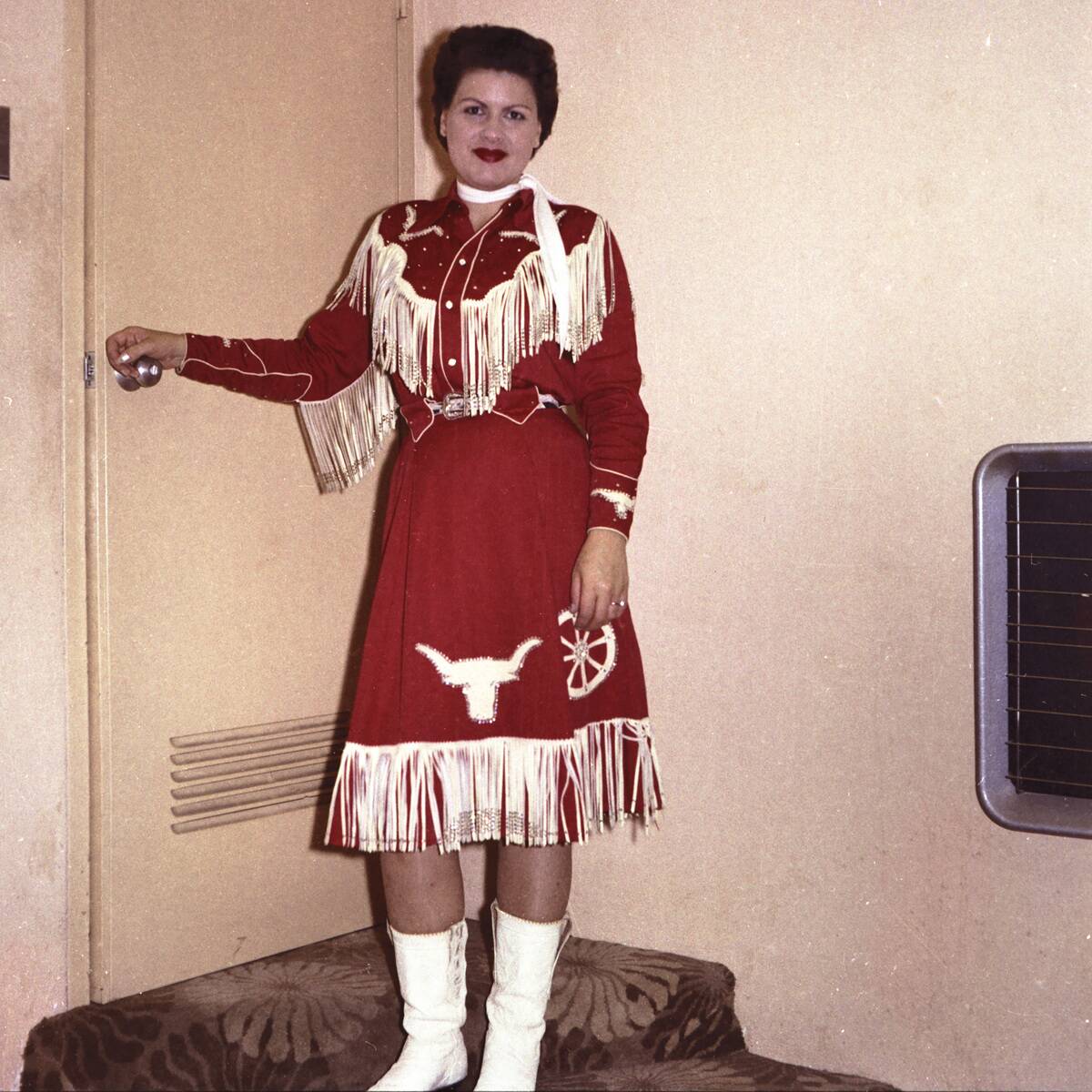
Before he became internationally famous as a singer, Willie Nelson wrote the song, “Crazy,” which ended up finding its way to eternally beloved country legend Patsy Cline. Since her sudden passing after a plane crash in Tennessee, it has grown to become one of her signature songs.
However, this wasn’t the result of a re-appraisal after her death, as “Crazy” also proved her only top-ten hit after she first recorded it in 1961. Nelson would record his own version the following year, but that didn’t chart.
Johnny Cash – “A Boy Named Sue”
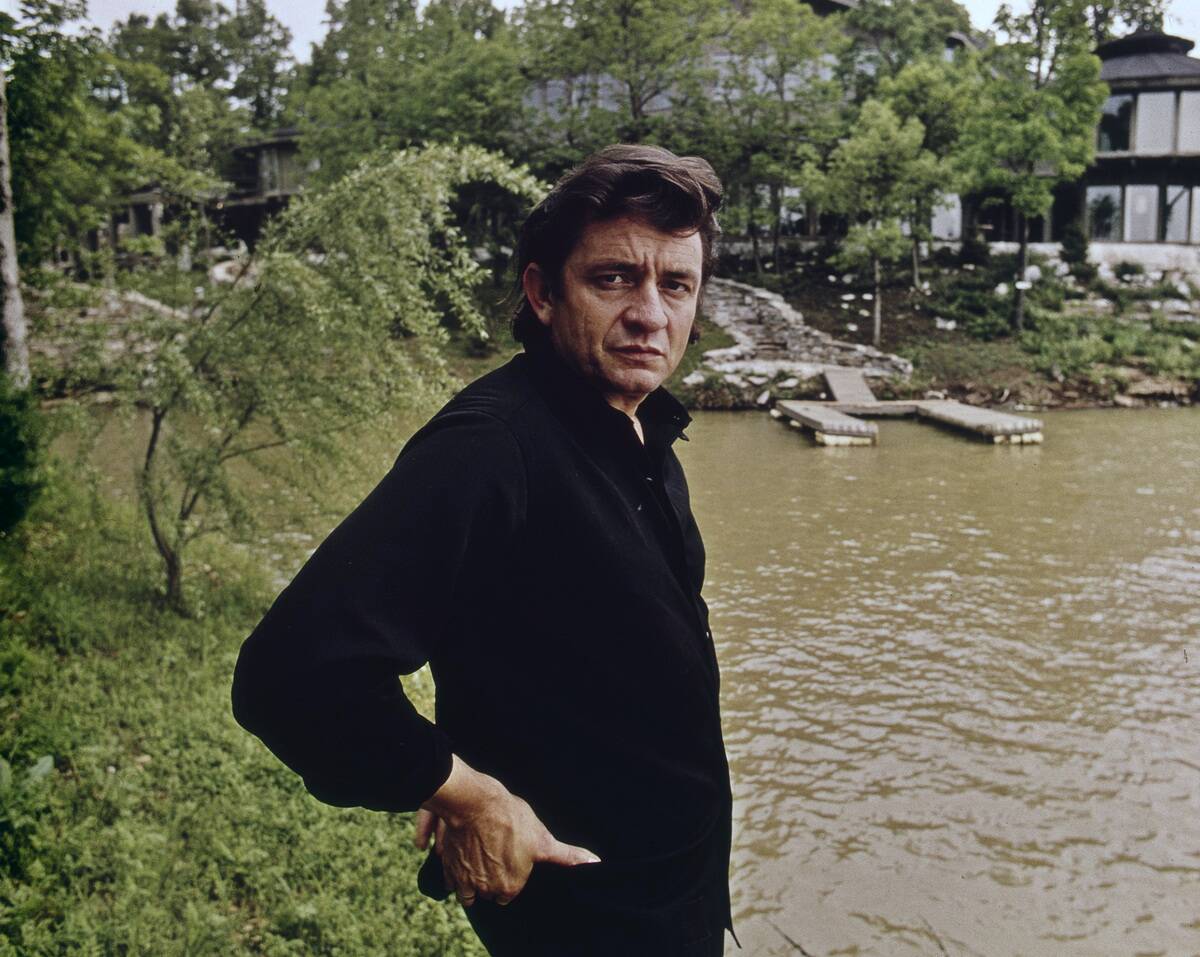
Although Johnny Cash had a significant number of singles achieve respectable chart success throughout the ’60s, his highest charting hit came right at the end of the decade. “A Boy Named Sue” is the comedic but oddly bittersweet narrative-driven tale of his father naming him Sue before abandoning him to ensure he grew up tough.
While the engaging story and Cash’s hilarious punchline at the end of the song made it unstoppable on Billboard’s Hot Country Singles chart, it also proved to have enough wide appeal to bring Cash all the way to number two on the Billboard Hot 100 for the first and final time.
Roger Miller – “King Of The Road”
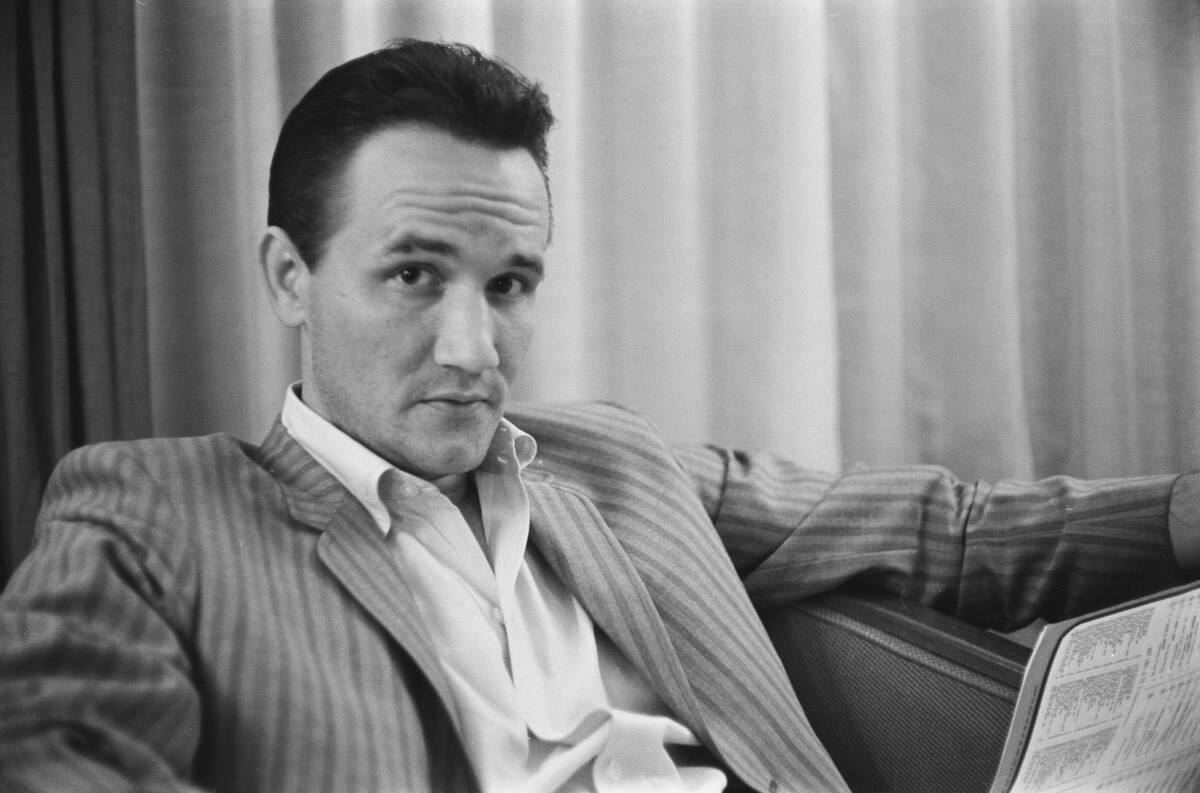
Although Roger Miller actually had a sizeable number of crossover hits that made it into the top ten throughout the ’60s, the biggest of them at the time remains the one that looms the largest in memory.
Naturally, that would be his breezy, catchy classic “King Of The Road,” an ode to a hard, wandering life that approaches the subject with blunt but low-key sarcasm. The song made it to number four in 1965 and has remained a beloved country classic ever since.
Jeannie C. Riley – “Harper Valley P.T.A.”
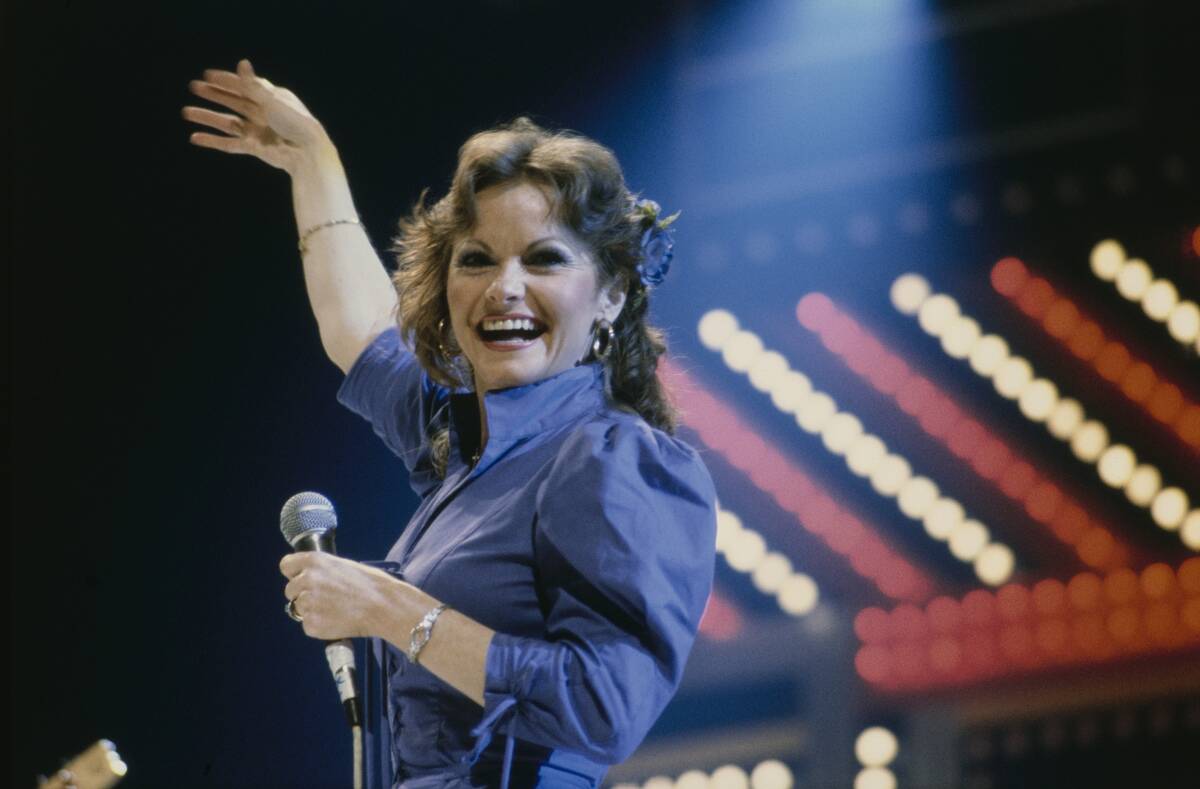
Thanks to its engaging story about small-town judgment and hypocrisy, Jeannie C. Riley’s signature song “Harper Valley P.T.A.” crossed over as effectively as any country hit can, in that it made it all the way to number one on the Billboard Hot 100 after doing the same on the organization’s Hot Country Singles chart.
In fact, Riley made history through the song, as it made her the first woman to top both charts in history. That feat wouldn’t be achieved again until Dolly Parton’s chart run for her all-time classic from 1980, “9 To 5.” However, “Harper Valley P.T.A.” would mark the last time Riley ever earned herself a Top 40 hit.
Skeeter Davis – “The End Of The World”
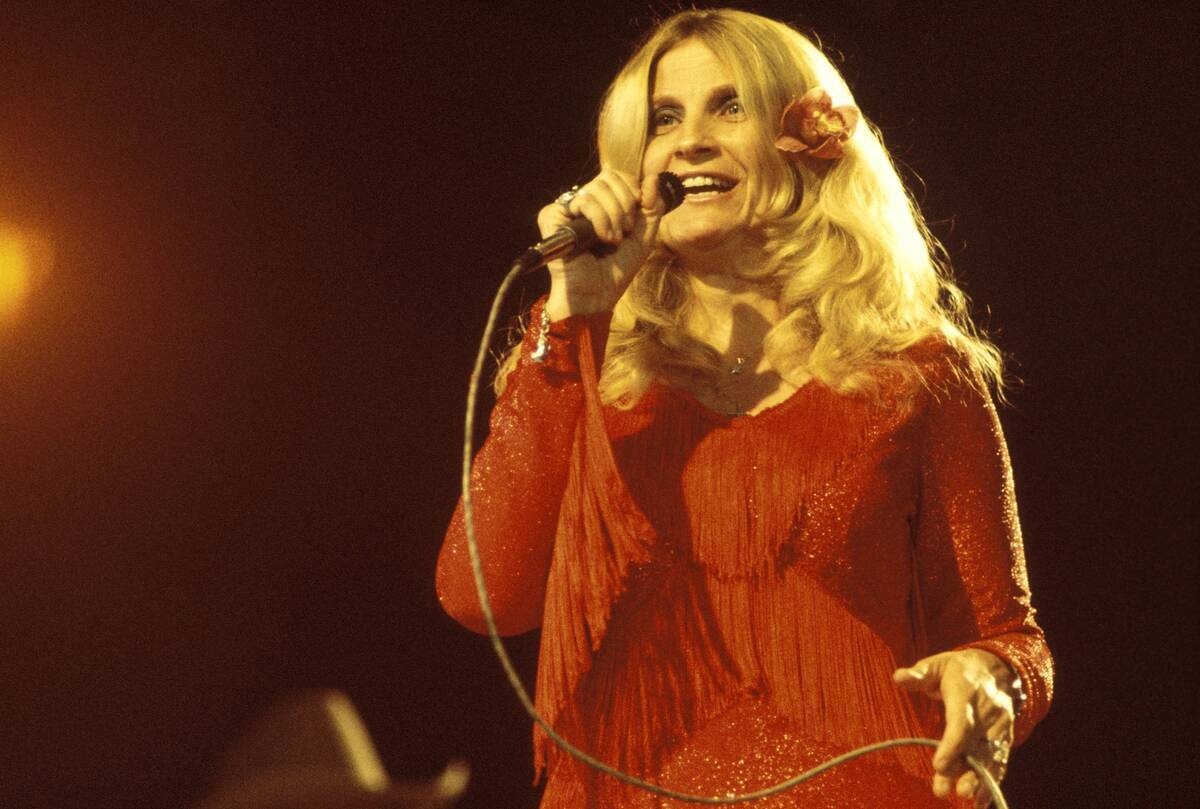
Although Mary Frances Penick (best known by her stage name Skeeter Davis) had sadly experienced her share of tragedy in life, “The End Of The World” was co-written by another woman named Sylvia Dee in response to her father’s death. Davis’s version stood out for featuring a spoken section, a sudden key change, and for production that blended country with the kind of pop typically made by teen idols by the time of the song’s release in 1962.
This blend seemed to achieve the perfect balance, as “The End Of The World” reached number two on both Billboard’s Hot Country Singles chart and on the Billboard Hot 100.
Tammy Wynette – “Stand By Your Man”
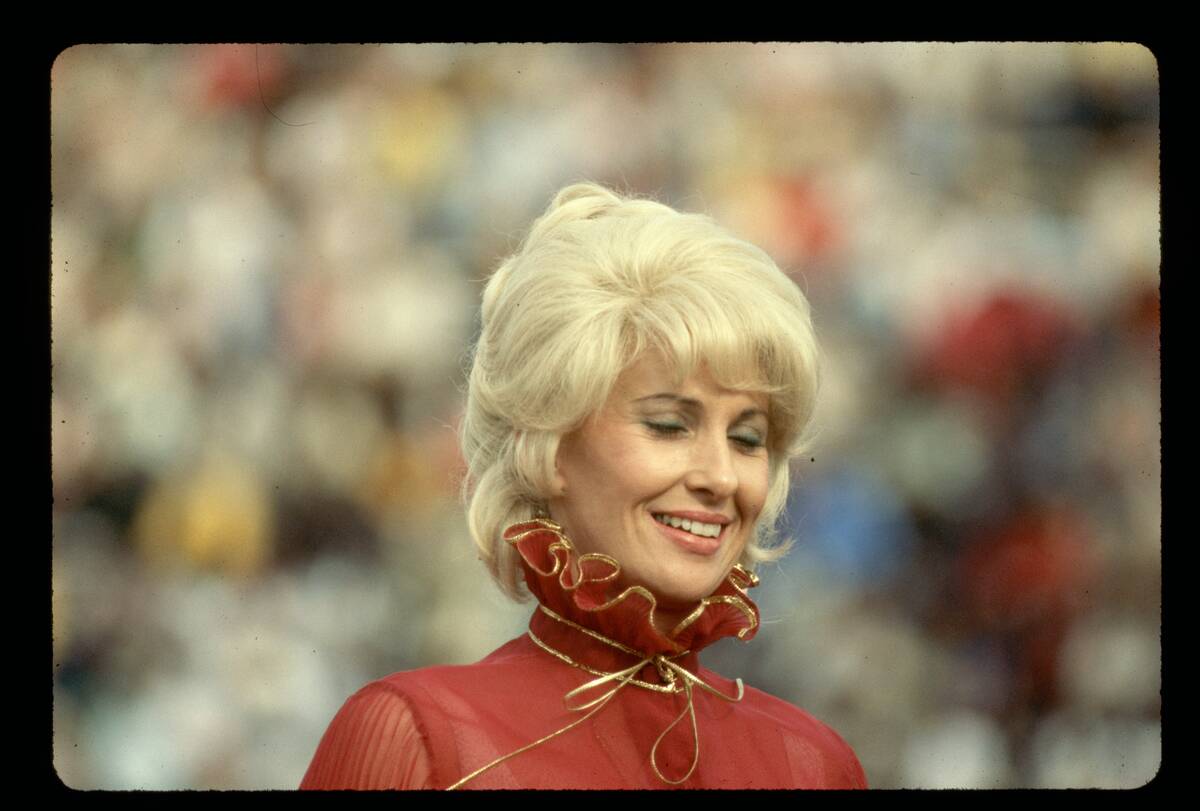
Although Tammy Wynette was a veritable country legend who wrote songs that expanded beyond the scene, it may be a little surprising to learn how muted her chart success outside of the country world was at the time. Indeed, she didn’t have a single song reach the top ten on the Billboard Hot 100.
However, the song that got the closest is also possibly her biggest country hit, “Stand By Your Man.” In addition to being inextricably tied to Wynette’s legacy, “Stand By Your Man” was also her biggest hit on the pop charts, reaching number 19 in 1968.
Jim Reeves – “He’ll Have To Go”
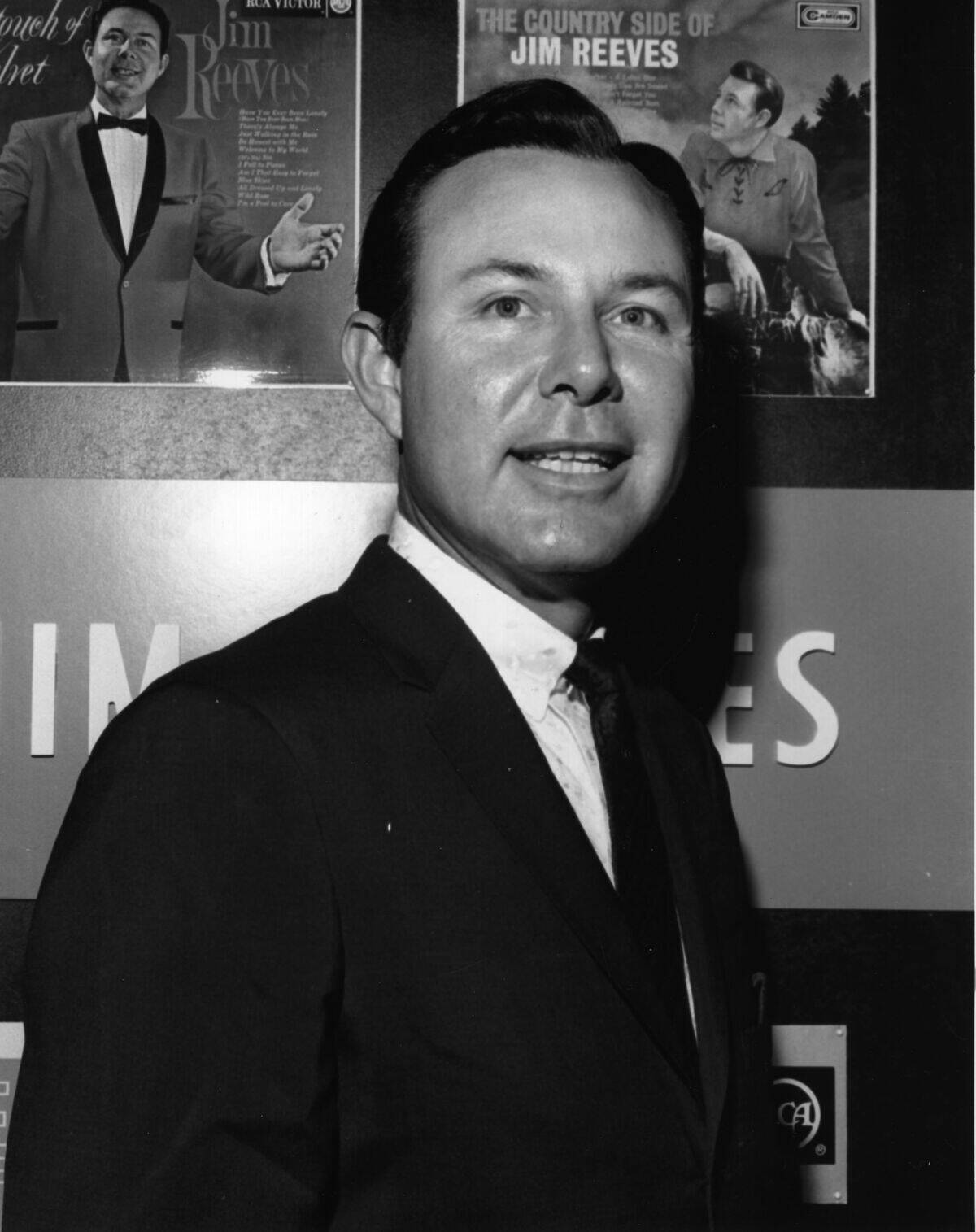
Although the eerie truth is that Jim Reeves perished similarly to Patsy Cline in a plane crash that occurred in Tennessee, they weren’t aboard the same flight, and his incident happened a year later. Another commonality between Cline and “Gentleman Jim” regarded their pioneering roles in what would be called the Nashville sound.
In his too-short career, Reeves proved a prolific artist who managed to reach number two on the Billboard Hot 100 with the country hit, “He’ll Have To Go.” The song depicts a man speaking with the woman he loves on the phone, only to learn that she’s in a relationship with another man. While that alone doesn’t make him “have to go,” that will be the case if the woman reveals she loves Reeves more.
Kenny Rogers & The First Edition – “Ruby, Don’t Take Your Love To Town”
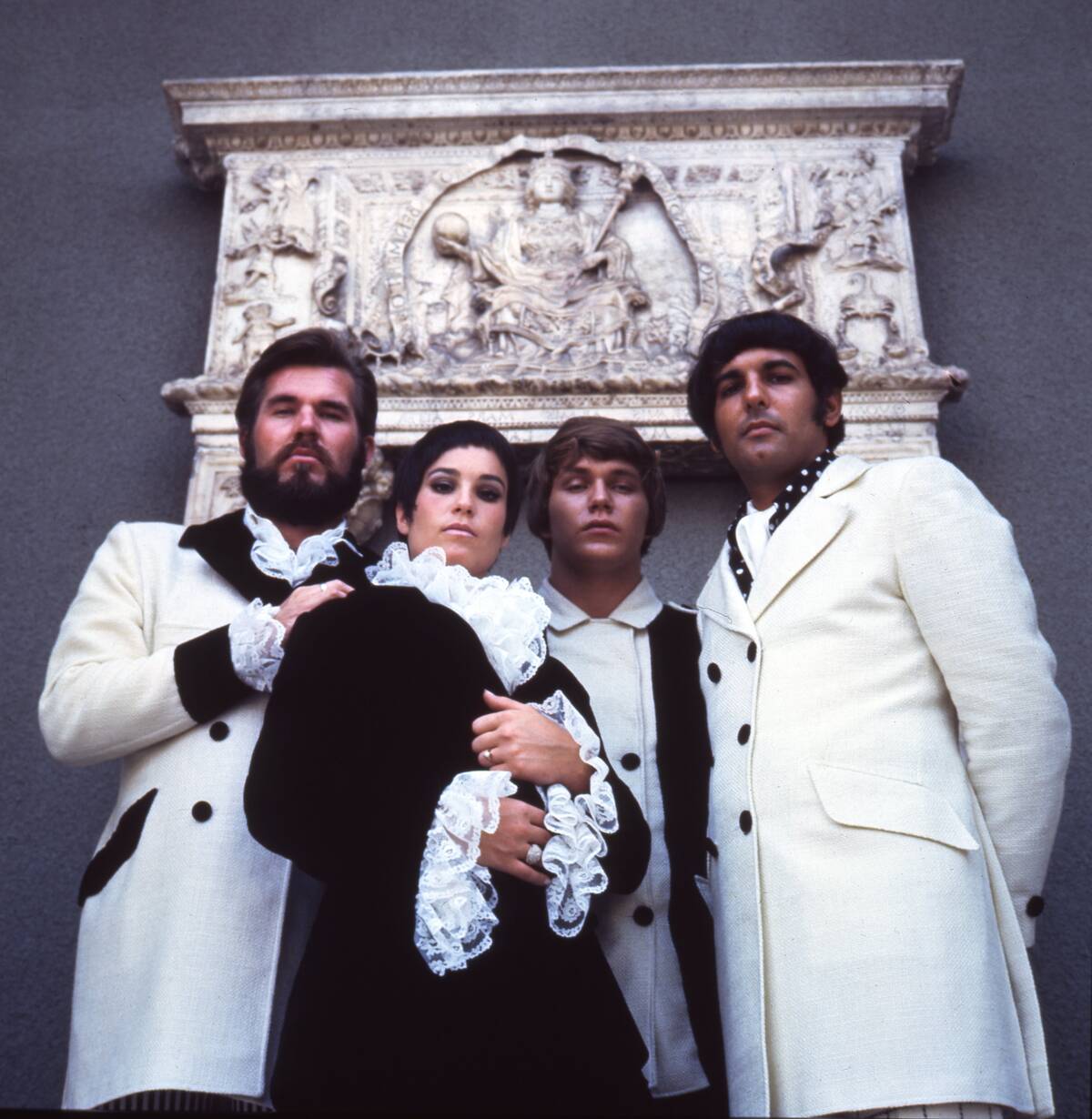
Considering what a veteran figure Kenny Rogers was in country music, it may come as a surprise to learn that his first top-ten hit came as part of a rock band called The First Edition. However, Rogers wanted the band to move in a country direction by 1969, which led them to cover “Ruby, Don’t Take Your Love to Town” in 1969.
Waylon Jennings had made the song a country hit in 1966, but Rogers’s version brought it to number six on the Billboard Hot 100. The fact that his band crossed over to country rather than from it was reflected in the song’s chart performance, as their version only made it to number 39 on the country chart.
Merle Haggard – “Okie From Muskogee”
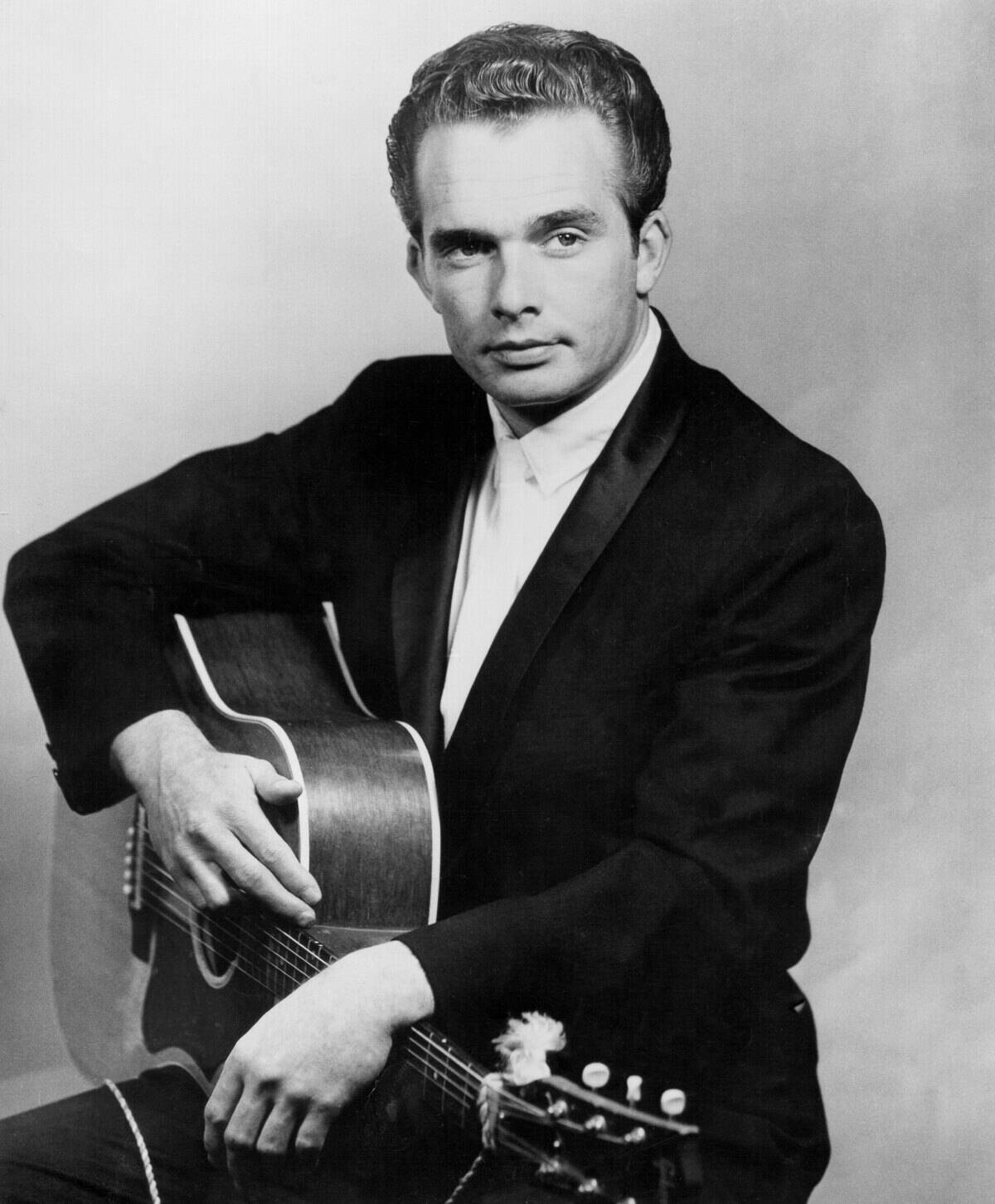
Although Merle Haggard would eventually reconsider the anti-hippie views he expressed on “Okie From Muskogee” to the point of considering it a character study of the man he used to be, it was also the closest he got to crossing over by 1969.
“If We Make It Through December” proved a bigger hit in 1973, but “Okie From Muskogee” was just barely kept out of the top 40 during its chart run. Nonetheless, it hit number one on the Billboard Hot Country Singles chart.
Elvis Presley – “Are You Lonesome Tonight?”
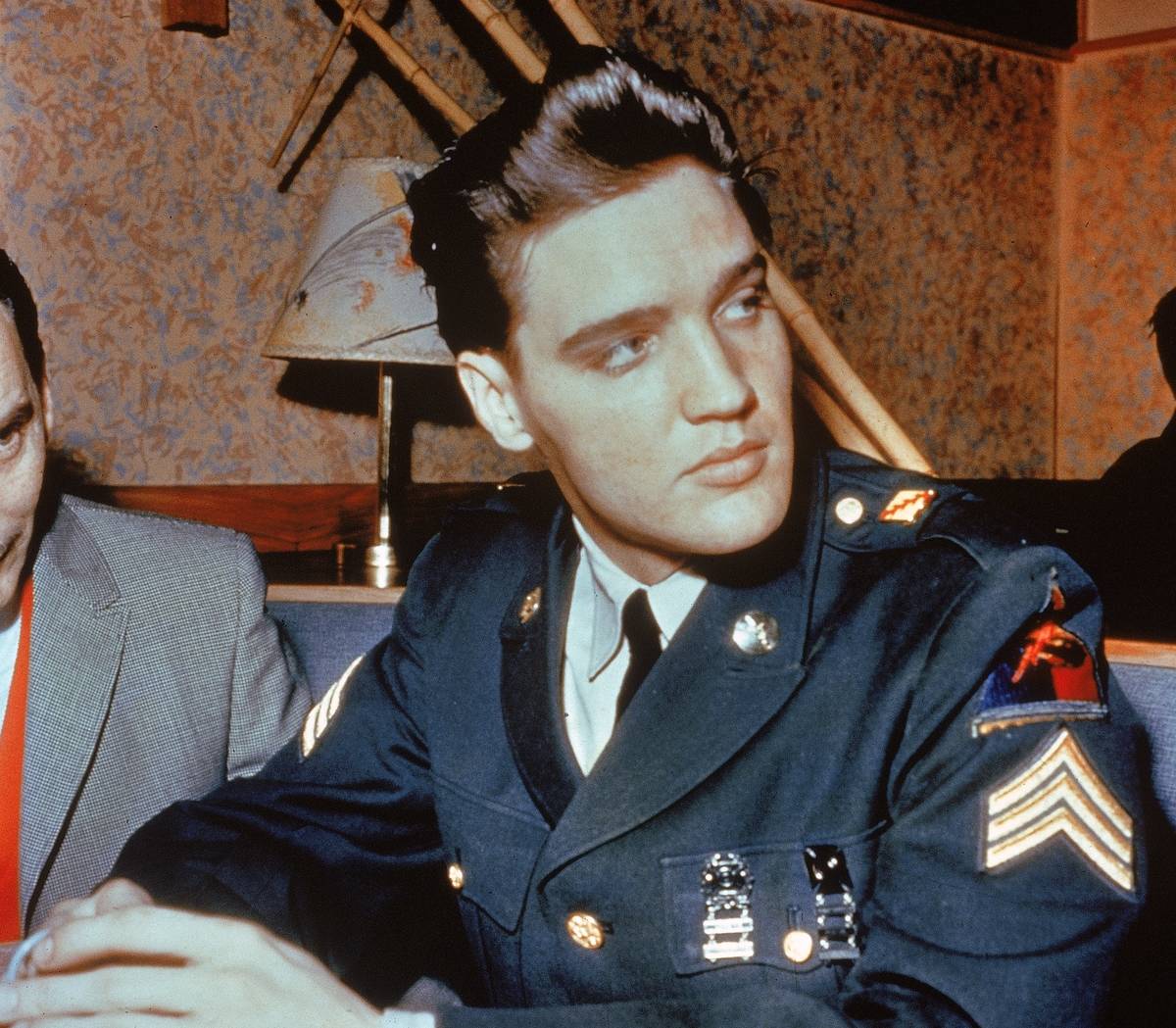
Although “Are You Lonesome Tonight?” was written back in 1926, Colonel Tom Parker suggested Elvis Presley record a version of his own once he returned from his two-year stint in the U.S. Army in 1960. Apparently, that’s because it was a favourite of Parker’s wife, Marie Mott.
Presley may have been the king of rock and roll, but he was also known to dip his toes into country from time to time, and this was one of the most successful examples of him straddling that line. In addition to setting a personal record for staying at number one on the Billboard Hot 100 for six weeks, it also hit number 22 on the organization’s country chart.
Johnny Horton – “North To Alaska”
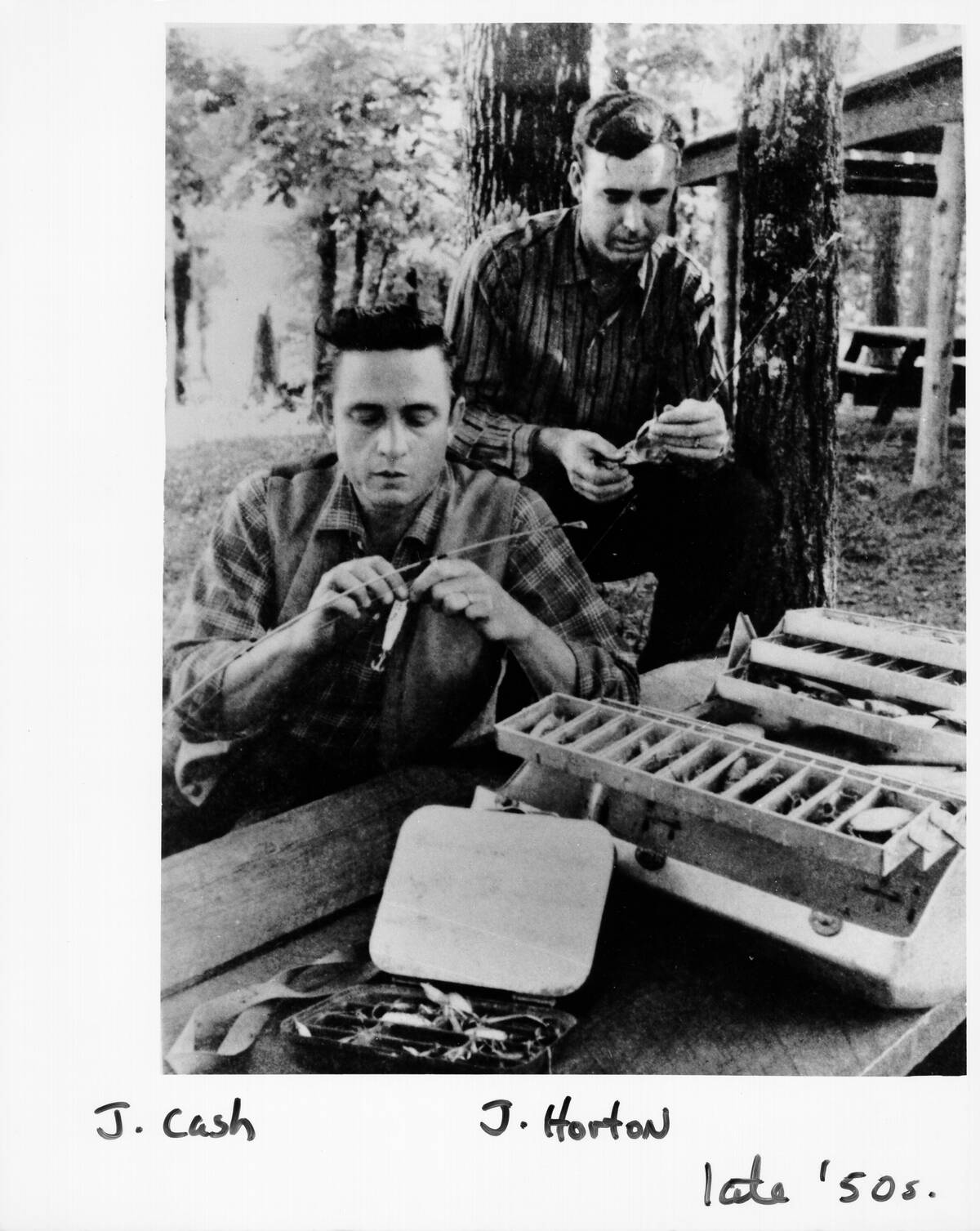
Although Johnny Horton had sung several movie tie-ins before lending his voice to the theme from the 1960 movie North to Alaska, this one stood out for playing over the film’s opening credits. The song wasn’t his biggest crossover hit because he made it to number one with “The Battle of New Orleans” in 1959, but it would sadly prove the last one he would live to see.
It would only be months after the song’s release that Horton passed away in a car accident on November 5, 1960, two days before the movie’s release. “North to Alaska” topped Billboard’s Hot Country Singles chart while also reaching number four on the Billboard Hot 100.
Glen Campbell – “Wichita Lineman”
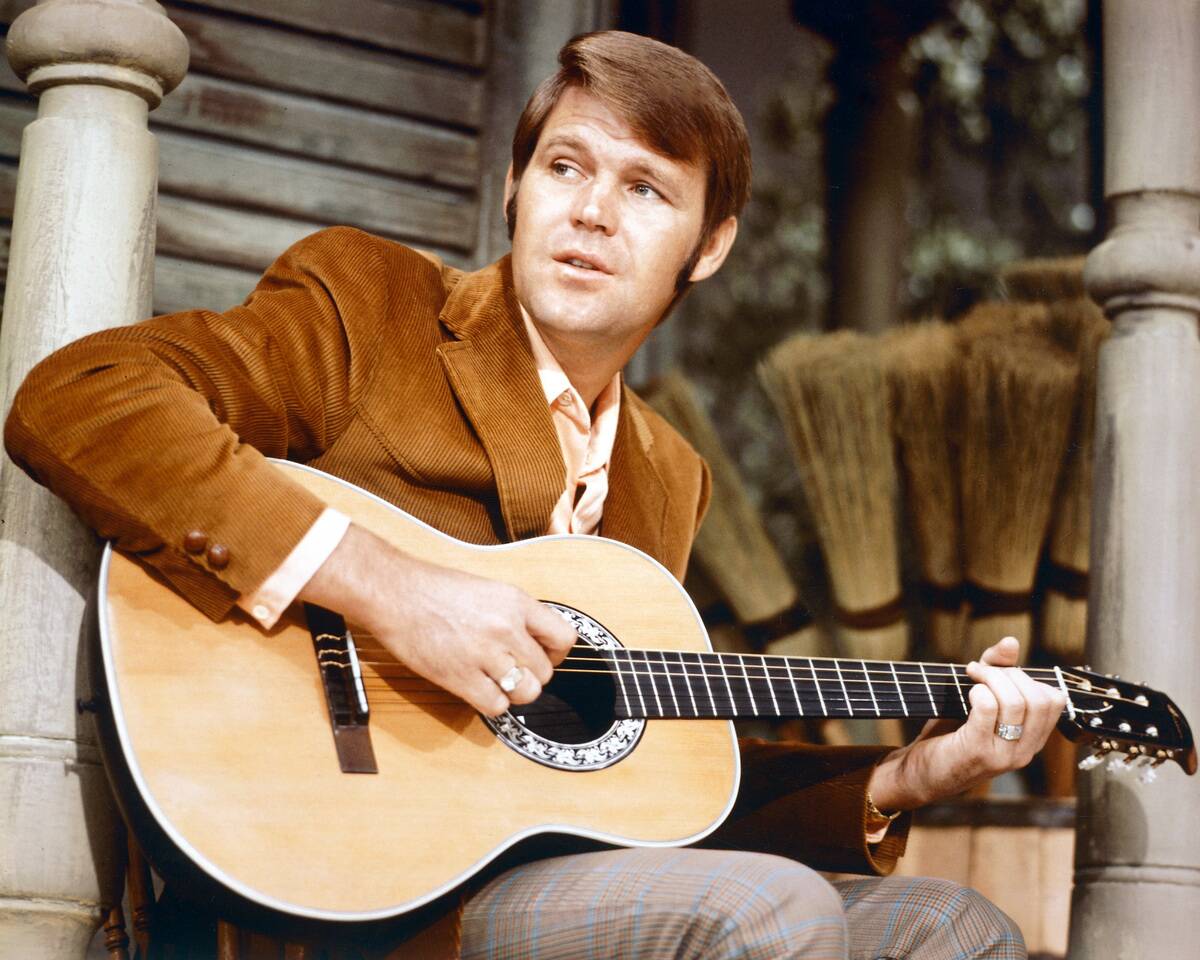
Jimmy Webb wrote “Wichita Lineman” for Glen Campbell after the singer was excited to follow up his hit “By The Time I Get To Phoenix” with another location-based song. Although he was in Oklahoma and not Wichita, Webb drew inspiration from seeing a man speaking into his handset while working on power lines.
As it turned out, all he had to do was picture that lineman talking to his girlfriend, and Campbell had an even bigger hit on his hands. How big? Well, “By The Time I Get To Phoenix” made it to number 26 on the Billboard Hot 100. By comparison, “Wichita Lineman” made it to number three in 1968.
Faron Young – “Hello Walls”
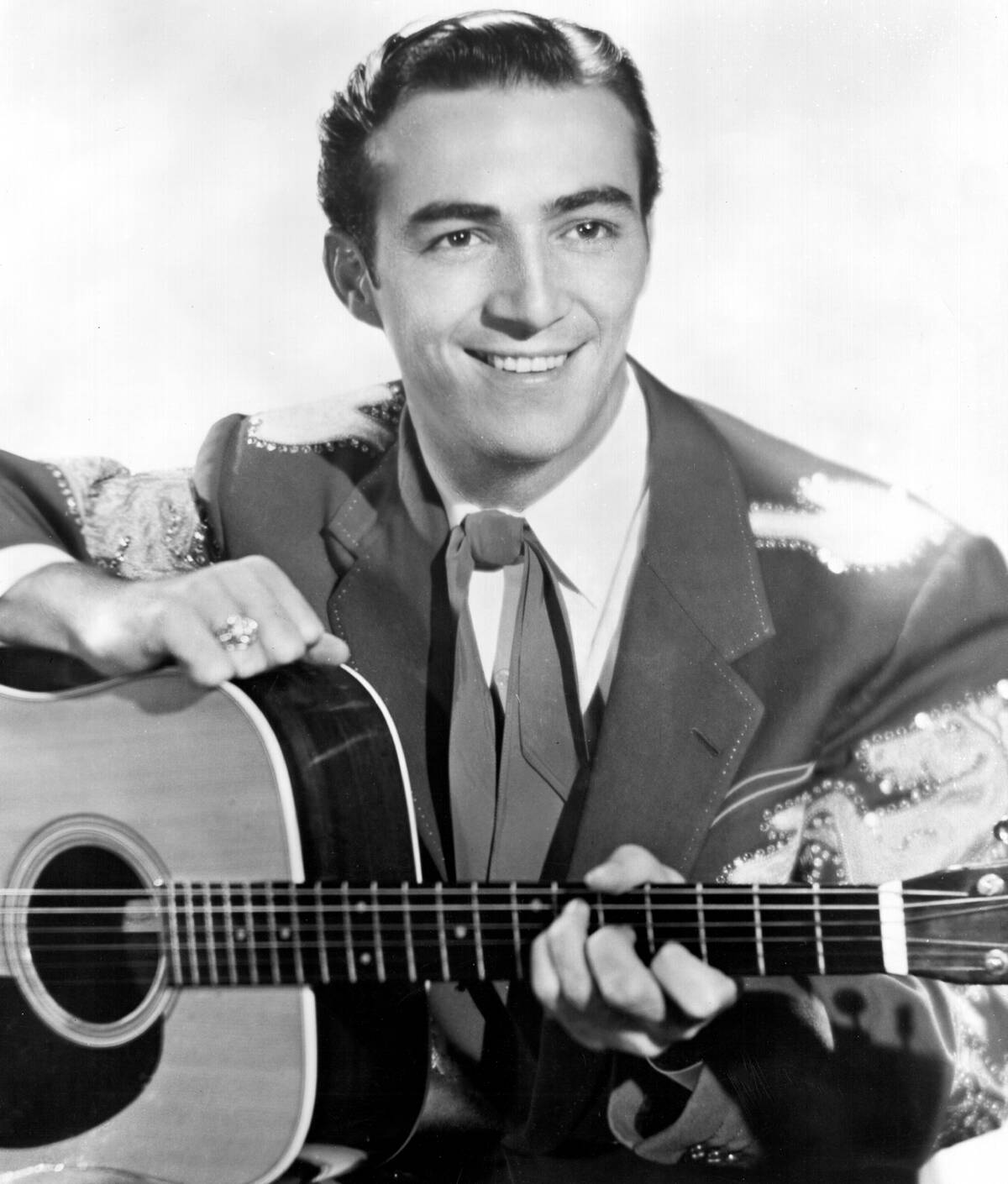
It’s not surprising that Willie Nelson would prove such a hitmaker when his own career got off the ground, as he had a knack for turning country tracks into massive pop hits for other people before his debut album. Around the same time he wrote “Crazy,” he also wrote “Hello Walls,” which would end up being recorded by country legend Faron Young.
In addition to remaining at the top of Billboard’s country chart for nine weeks, “Hello Walls” also provided Young with his only Top 40 hit, having reached number 12 on the Billboard Hot 100.
Jimmy Dean – “Big Bad John”

Jimmy Dean wrote “Big Bad John” in the style of tales about folk heroes like John Henry or Paul Bunyan, this time about a super strong miner with an alleged dark past. Despite potentially killing a man in Louisiana over a woman’s affection, John dies a hero by sacrificing himself to help 20 other miners escape a cave-in.
“Big Bad John” would prove a smashing success for Dean, having topped the country chart for two weeks and the Billboard Hot 100 for an impressive five weeks. It would prove his only number-one hit and one of just two top-ten hits.



